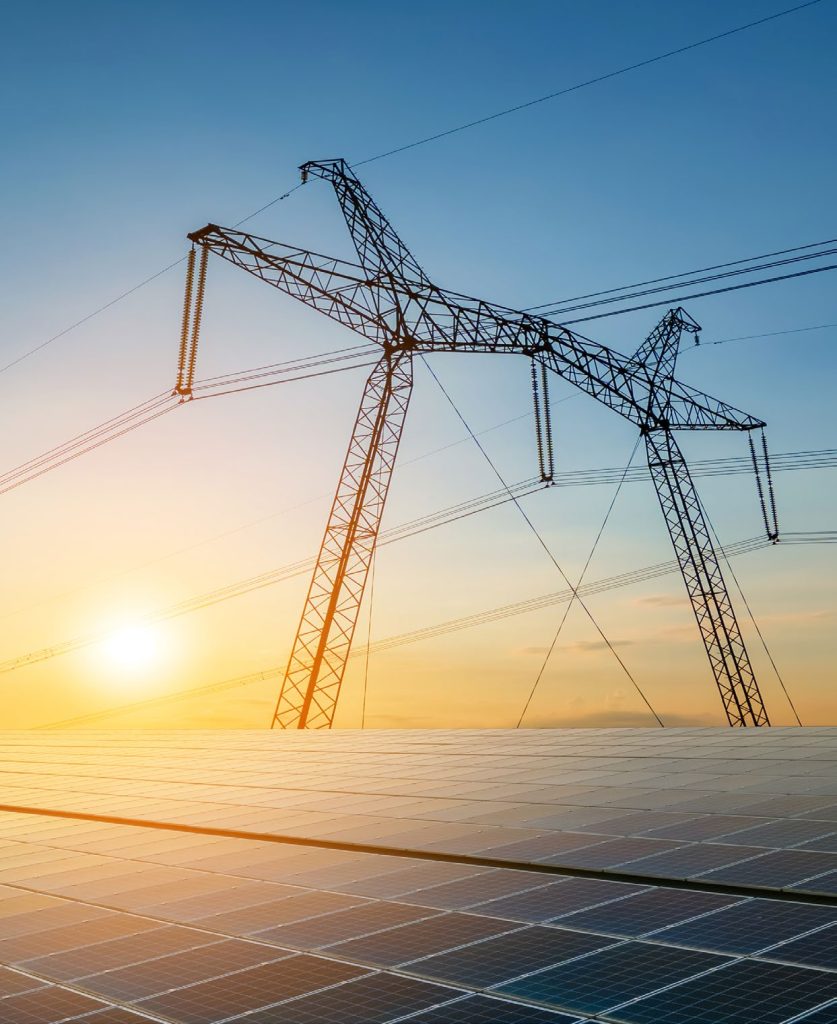Like the rest of the world, Africa is facing a major energy crisis. The continent has a rapidly growing population but its energy infrastructure is struggling to keep pace, resulting in millions of Africans lacking access to electricity and those who have access often experiencing unreliable and disproportionally expensive power.
Smart grids are one of the solutions to Africa’s energy crisis. Smart grids are power distribution networks that use digital technology to improve efficiency, reliability and security. They are designed to integrate renewable energy sources and provide two-way communication between consumers and the grid. Smart grids need to increase substantially to get on track with the Net Zero Emissions by 2050 Scenario, especially in emerging markets and developing economies.

Smart grids have the potential to transform Africa’s energy landscape by providing access to reliable and affordable electricity, reducing greenhouse gas emissions and improving the quality of life for Africans.
How Smart Grids Work
Smart grids use a variety of technologies to improve the efficiency, reliability, and security of the power grid. These technologies include:
- Advanced metering infrastructure (AMI): AMI refers to the use of smart meters to collect data on electricity usage. This data can be used to improve efficiency by identifying and reducing energy waste.
- Distribution automation (DA): DA refers to the use of technology to automate the operation of the distribution grid. This can improve reliability by reducing the number of manual interventions required.
- SCADA (supervisory control and data acquisition): SCADA systems are used to monitor and control the operation of the power grid. This information can be used to improve efficiency and reliability and to respond quickly to power outages.
- Communication networks: Smart grids use communication networks to transmit data between components of the grid. This data is used to improve efficiency, reliability, and security.
Benefits of Smart Grids
Smart grids offer several benefits which include:
- Increased efficiency: Smart grids can help to reduce energy waste by monitoring and controlling the flow of electricity. This can lead to significant savings for consumers and businesses.
- Improved reliability: Smart grids can help to prevent power outages by detecting and responding to problems more quickly. This can improve the quality of life for Africans by reducing the number of times they are without power.
- Increased resilience: Smart grids can help to make the power grid more resilient to cyberattacks, natural disasters and other disruptions. This can help to protect critical infrastructure and ensure that Africans have access to electricity even during emergencies.
- Lower greenhouse gas emissions: Smart grids can help to reduce greenhouse gas emissions by enabling the integration of renewable energy sources. Renewable energy sources are often intermittent, so smart grids can help to balance the supply and demand of electricity from these sources.
- Improved quality of life: Smart grids can improve the quality of life for Africans by providing access to reliable and affordable electricity. This can power homes, businesses, schools and hospitals, and it can help to improve economic development.
Notable Smart Grid Initiatives
- Zimbabwe: Inno-Tech and NeedEnergy jointly installed the first smart micro-grid in Harare. The smart micro-grid offers tenants a sustainable, hassle-free, and intelligent energy solution, allowing them to focus on their core business operations without worrying about power reliability, backup generators, or complex energy billing.
- Kenya: Last year, Kenya Power embarked on a smart grid transformation to improve efficiency and sustainability in the country’s electricity distribution system, leveraging technologies like SCADA, smart meters, and data analytics.
- South Africa Smart Grid Project: The South African National Energy Development Institute (SANEDI) has been instrumental in promoting smart grid technology through the South African Smart Grid Initiative. This initiative aims to renovate the country’s ageing grid infrastructure and ensure comprehensive electrification by 2030.
These projects are just a few examples of the many smart grid projects that are underway in Africa. These projects are helping to transform Africa’s energy landscape and provide access to reliable, affordable, and clean energy for Africans.
The Future of Smart Grids in Africa
The future of smart grids in Africa is bright. As Africa continues to develop, the demand for electricity will grow and smart grids can help meet this demand by providing a reliable, efficient and sustainable source of energy.
Text by Farai Chaka

